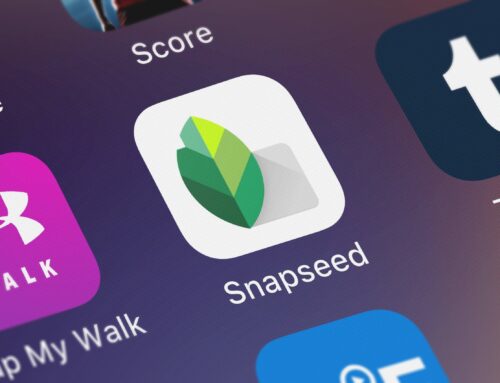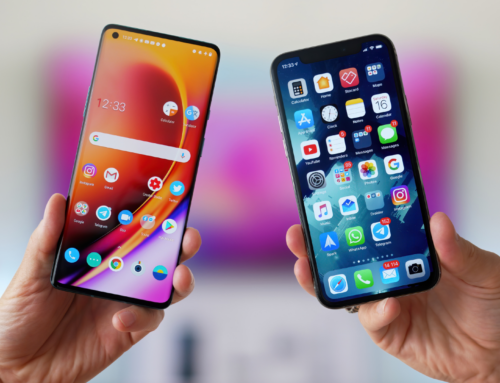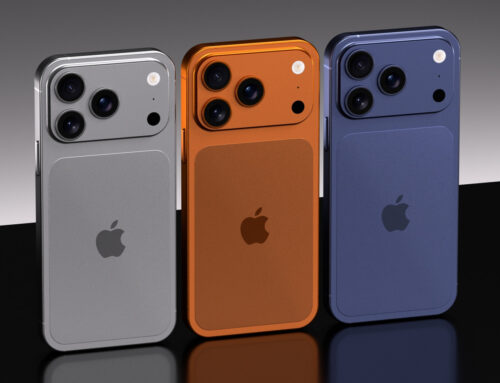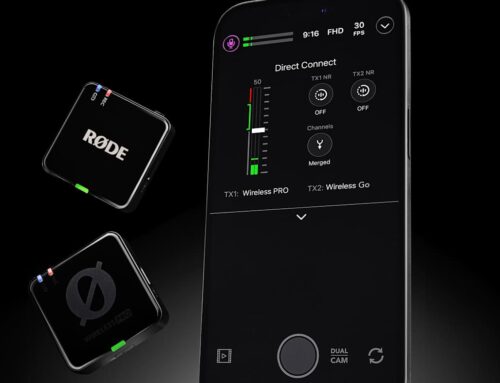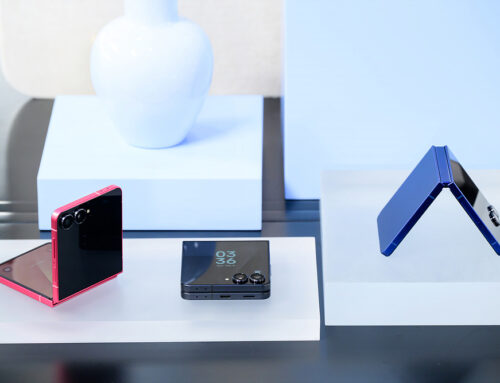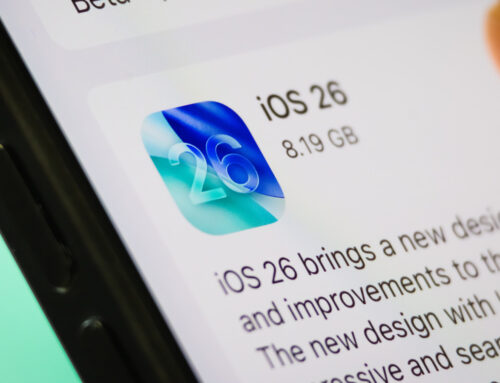I love that it’s 2024, and there are people in the world who are still dunking on Apple, Google, and Samsung for ripping features off of each other. With smartphones really getting to a place of maturity and upgrades being more iteration at this point than huge jumps, there’s really only one way to set apart your new phone from your old one — steal someone else’s idea.
And that’s fine! I’m cool with that — especially when the features that companies are ripping off each other are health or safety-related, and that’s exactly what it appears Google is preparing to do with the Pixel 9.
As reported by Android Authority, Google is rumored to be working with T-Mobile to launch a satellite-enabled SOS feature with the Google Pixel 9. According to the report, the feature will use T-Mobile’s partnership with SpaceX to enable texting over satellite connectivity as well as offering a new “Satellite Gateway” app that enables the emergency SOS feature.
We’ve already seen earlier indicators about how this could work, but we can now preview it in more detail. First, you will be asked a few basic questions, to narrow down the situation. You will also be given a choice to notify your emergency contacts, after which you will be able to message with emergency services to get the help you need. Many of the questions will also have predefined answers to choose from to make the process quicker.

The report notes that the feature will be featured first in the Pixel 9 but will also be coming to the next-generation Pixel Fold. The Pixel 9 is expected to be unveiled later this year at the company’s usual Made by Google event in October.
Tech. Entertainment. Science. Your inbox.
Sign up for the most interesting tech & entertainment news out there.
By signing up, I agree to the Terms of Use and have reviewed the Privacy Notice.
Everyone should steal this feature
Google isn’t the only company working on an emergency feature like this. Samsung and Qualcomm are also developing technology to enable these kinds of safety features — Apple just got ahead of everyone when it launched Emergency SOS via Satellite on the iPhone 14 and iPhone 14 Pro back in 2022. The features also stayed available with the iPhone 15 lineup that launched in 2023.
Apple’s implementation of the feature allows users to contact emergency services when the only connection available is via satellite. Emergency services will receive the emergency questionnaire as well as the person’s medical ID from their iPhone and their location. The feature will also alert the person’s emergency contacts and share their location with those individuals.
This game-changing service allows Public Safety Answering Points (PSAPs) — or emergency services call centers — to connect to even more users in emergency situations, and requires no additional software or protocols to enable communications. Users will be connected directly to emergency services that are equipped to receive text messages, or to relay centers with Apple-trained emergency specialists who are ready to contact PSAPs that cannot receive text messages on the user’s behalf.

Apple says that it will eventually charge for the service, but it keeps extending the trial period and offering at least a year of service on new iPhones, so we don’t quite know how much we’ll end up paying for this feature in the long run just yet. It’s also unclear how much other companies like Google and Samsung will charge for it — if at all.
As someone who camps and goes backpacking, I currently pay at least $15 per month for my Garmin inReach mini, a satellite communicator that theoretically could be replaced by my iPhone 15 Pro at this point. Due to being in the backcountry enough, I already see the value in having access to these kinds of services — even if I have to pay for them. They are worth the peace of mind.
Regardless of the cost, this is a fantastic safety feature that everyone should have, and I don’t care one bit if Google or Samsung wholly rip off Apple with their own versions. While we can argue about companies ripping certain features off each other, health and safety features should spread to every possible device, regardless of who implemented it first.
Hopefully, all of these companies rip even more health and safety features off of each other. We all stand to benefit from features like this, so go ahead, Google, Apple, and Samsung.

